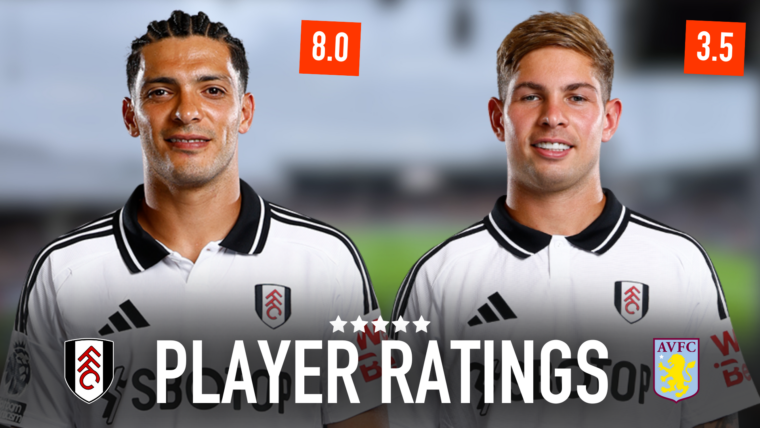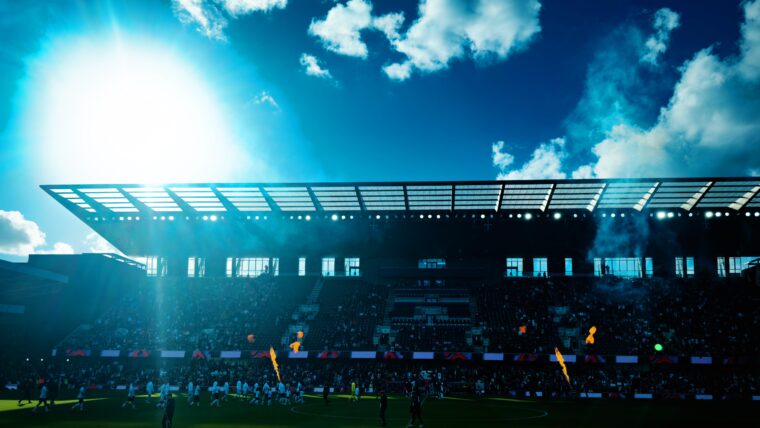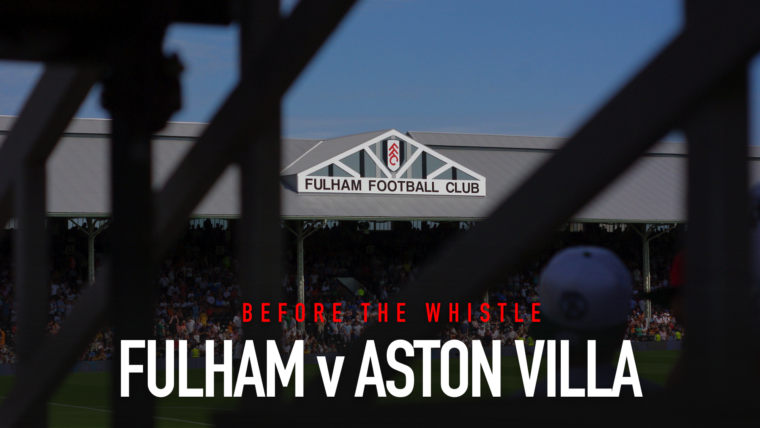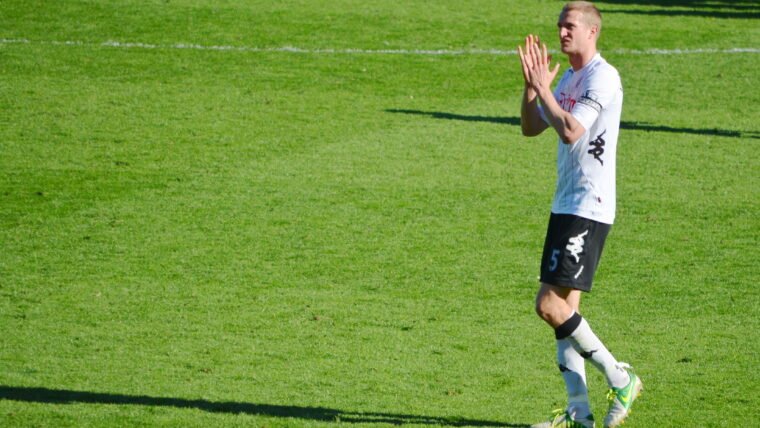Does AEW offer a glimpse of Fulham unshackled from FFP?
Written by Drew Heatley on 15th March 2024
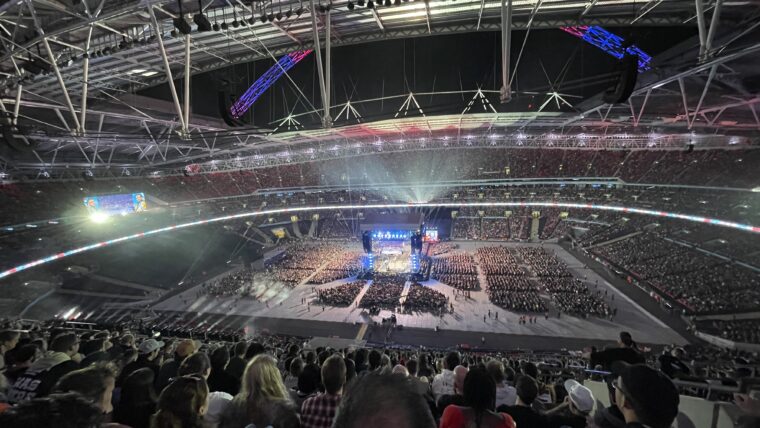
If you’re into AEW or professional wrestling, you’ll know that three of the biggest free agents in the industry recently made their debuts in the company. First, there was UK wrestler Will Ospreay, who came in from New Japan Pro Wrestling (NJPW) amid interest from WWE. Then, NJPW stablemate and multiple-time world champion, Kazuchika Okada, showed up on AEW Dynamite. The latest arrival, Mercedes Mone, strutted out on the AEW stage this week. She’s a particular coup, coming from WWE after becoming only the third woman to headline WrestleMania.
Still with me? This is all Fulham-related in as much that it got me thinking: is AEW an indication of what Fulham would be like if English clubs weren’t bound by Financial Fair Play (FFP), or the recently-emerged and often-mentioned Profit and Sustainability Rules (PSR)?
Financial chokehold
We all know the PSR headline: clubs can’t exceed a £105m loss in a rolling three-year window. It’s designed to stop clubs spending beyond their means and getting into financial trouble – officially – but in reality it keeps the big clubs big and the smaller clubs at arm’s length, unable to mount any form of sustained challenge.
Everton have fallen foul of this – twice – while Nottingham Forest have flagrantly ignored the rules. They now also find their shoulders on the mat, as it were, waiting to kick out before the count of three. If reports are to be believed, we were also flying close to the wind, hence the lack of replacing Mitro in the summer, as the fee we received from Al Hilal won’t be financially considered in that particular year.
This financial chokehold looks set to be tightened as soon as this summer, with the recent news that Premier League clubs have agreed to move away from PSR and FFP towards UEFA’s squad cost control rule. The headline here is that clubs can reinvest up to 85% of their revenue on their playing squad. That, on the surface, sounds pretty good, no? Well, consider this: over the last 10 seasons, we’ve not once complied with this rule – some seasons our spend on wages and transfers were as high as 160% our revenue. Turkeys voting for Christmas, anyone?
Very, very bad news for the likes of Fulham, this.
For context, the below is a table of our last 10 years of accounts with salaries and transfers as % of revenue. Not one season under the proposed 85% limit.
Essentially it means firesales for every relegated club. https://t.co/ykl7G94cFQ pic.twitter.com/9tMMKEsTSD— Tristan P (@Serbiantennis77) March 12, 2024
Big money splashes
All this is to say, it’s never been a case of “our owner is one of the world’s richest men – Champions League here we come”. That reality died after Abramovich dragged Chelsea up by their collars. The Khans have always been hamstrung by the numerous frameworks in place, as football – and in particular the Premier League – desperately tries to show the world (and the UK government) that it can regulate itself.
But AEW shows, at least to me, that were these frameworks not in place, we could be living in a world where we welcome Europe’s best to the Cottage on a Tuesday or Wednesday night.
Okada’s three-year AEW contract will see him earn $4m annually. That would put him alongside WWE champion Roman Reigns as one of the industry’s best-paid grapplers. Quite the deal. Mone, already on a healthy deal in WWE before she walked out over creative differences, has brought in her own writer, Jennifer Pepperman, with her – another wage on top of her multi-year, multimillion-dollar deal. Ospreay is also reportedly on seven figures a year.
These high-profile signings come after a raft of other top-tier wrestlers arrived at AEW since its inception in 2019, including former WWE trio, Edge, Daniel Bryan and CM Punk (who left after a reported physical altercation with Tony Khan). It shows quite clearly that the Khans are willing to invest in their ventures if and when they’re free to, despite those ventures having to punch upwards. You can draw several comparisons between AEW and Fulham. AEW struggles to pull in more than million viewers a week on TV, they’re struggling to sell out arenas at the moment, and it’s, of course, dwarfed by WWE. We’ve got a modest stadium (albeit we fill ours) and trail about half of the Premier League in terms of standing in the global game.
The interesting part is the financials. AEW is a private company, so its exact financial information is not known, but recent number crunching estimates that while the company’s revenue soared by more than 50% in 2023 to $154m, its spending tops $188m, including a hefty $88m on talent (acquisition and wages). So, while that gives the company an annual loss of $34m before EBITDA, its talent spend actually sits at 54% – well within UEFA’s incoming rulings.
Underdog champions?
What does this all mean in reality? Well – nothing, I guess. The fact is we’re beholden to FFP, PSR, squad cost rules, and every other framework foisted upon clubs that, if we believe are well-meant, certainly don’t work in reality. But I guess it’s interesting in the sense that – taking the treatment of fans out of the equation with ticket prices etc – with AEW, the Khans have shown they’re willing to put their money where their mouths are when it comes to investing in making their ventures competitive, given the right conditions.
So don’t be too surprised if, even with restrictions, we eventually bag a coup or two of our own – although hopefully those signings will be more interested in hitting top bins than hitting steel chairs.
